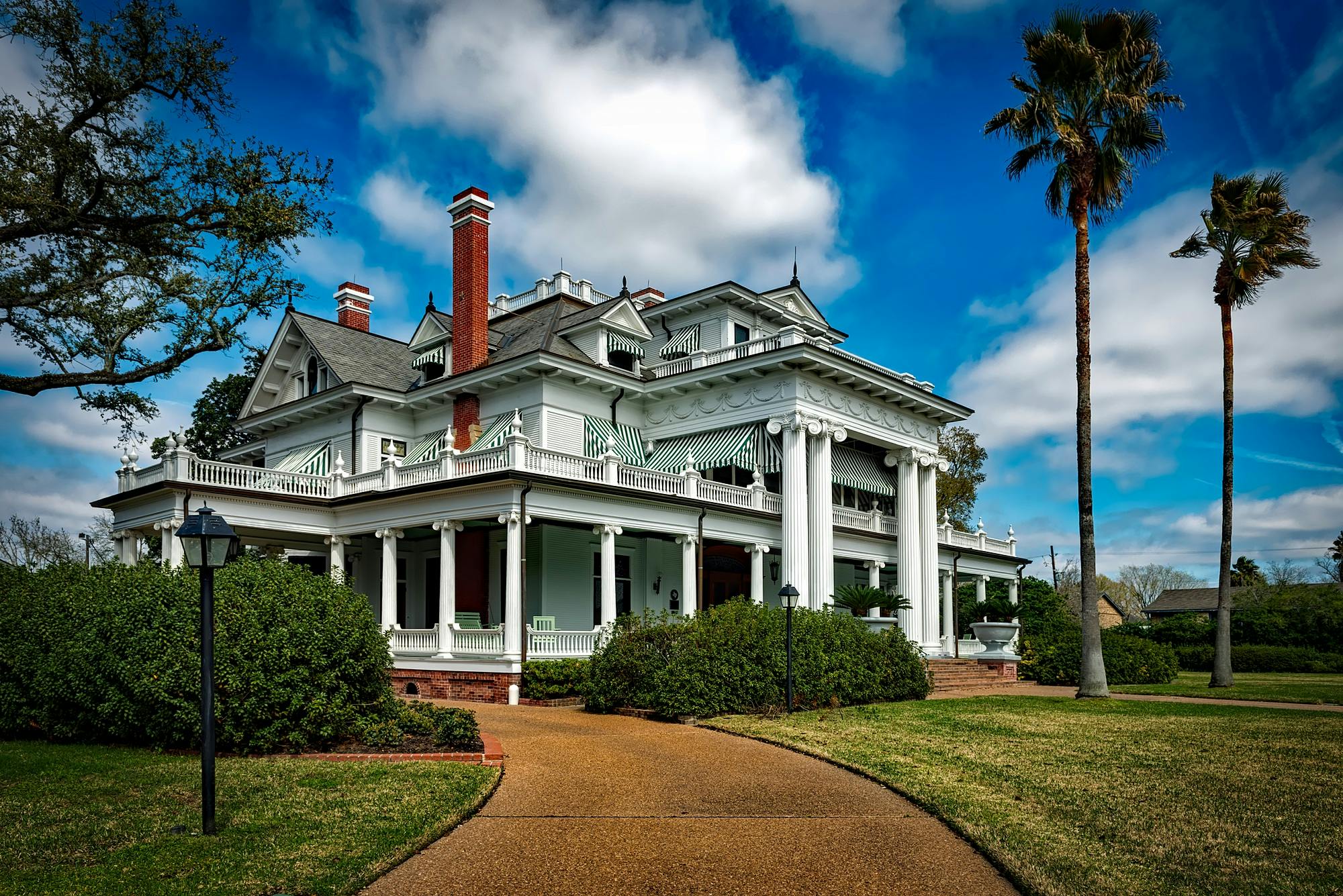The Principality of Liechtenstein is a small country enclosed between Austria and Switzerland; it has only 33,500 residents and ranks as one of the smallest countries in the world. But it is also wealthy and has been ruled by the same aristocratic family for centuries, making it one of the most politically stable nations in the world.
Not long ago, a popular saying in German-speaking Europe was: “In Switzerland, the bankers don’t speak. In Liechtenstein, they don’t have languages.” But all that has changed. After Interpol reports that virtually all white-collar crimes committed in Europe led to Liechtenstein, the OECD Financial Action Task Force included this small country on its money laundering “blacklist” in 2000. Rapid changes followed and painful. By declaring that “Liechtenstein is facing the largest internal and external political crisis since World War II,” the ruling prince of Liechtenstein spearheaded sweeping financial reforms that gave the government far greater powers to investigate suspicious financial transactions, seize laundered assets, and cooperate with the authorities of other countries in the investigations. of serious crimes.
While Liechtenstein retains a culture of privacy and bank secrecy laws remain on the books, it now has the same know-your-customer rules that are in effect in most of the rest of the world. However, Liechtenstein still does not cooperate in foreign tax investigations. Any foreign tax official who inquires about an account in Liechtenstein is politely shown the door.
Until the new laws came into effect, it was possible to hire a lawyer to form a Liechtenstein company or trust and then operate a bank account for that entity without the bank knowing the identity of the owner. The lawyer was obliged by law to never reveal the identity of his clients. It was the ultimate tool for anyone who wanted true anonymity. Liechtenstein was the last place in Europe to offer such a service, attracting many billions of dollars as a result. With a near monopoly on such transactions, Liechtenstein banks had an easy life. So easy that they even had the guts to charge customers a percentage for cash deposits. Think of a store that asks you for a percentage of what you have in your wallet before they allow you to buy anything! Life could not have been more profitable.
Even better, until the early 1990s, there was no competition. There were only three banks in Liechtenstein. They shared business with each other, the locals got high-paying jobs, and no one had to work especially hard. Foreign banks eventually lobbied Liechtenstein to allow them to set up a store, but even today there are only 16 active banks in the country.
Given this situation, when the laws changed in 2000, a major crisis occurred for Liechtenstein’s banks. Many trusts and companies settled their accounts anonymously rather than identifying their beneficiaries. Some banks lost up to 20% of their customers. The influx of money slowed and, simultaneously, the dot-com boom ended, dragging the stock markets with it and slashing bank fees and custody fees. It seemed that the world had conspired against the Liechtenstein banks and everything was going wrong at the same time.
But in retrospect, the hard times did Liechtenstein a lot of good. The new laws forced banks to stop being fat and lazy. They were forced to cut costs and fees to provide competitive services. They also learned a lesson on how to focus on a single market, asset management, and how to market their services effectively. In short, Liechtenstein banks were relaunched as a safe and clean place to store funds.
One of the three original banks in Liechtenstein is Verwaltungs und Privatbank. Most of VPB’s voting shares are controlled by a trust created by the ruling Liechtenstein family, headed by Prince Alois. VPB offers the full spectrum of banking services, but the focus is on asset management and related services for wealthy clients. Of the fat and lazy banks in Liechtenstein, VPB was one of the fattest and laziest. But financial realities forced him to change. Profits fell more than 80% between 2000 and 2002, due to shady but profitable clients closing their accounts, falling stock markets and high costs. VPB’s share price was also affected, falling from an all-time high of CHF 380 in 2000 to a low of CHF 117 in 2003. In Vaduz, the only city in Liechtenstein, the official currency is the Swiss franc (CHF) .
But during this time, VPB laid the foundation for a fresh start, cutting costs and, for the first time, actively marketing its services. These changes are now paying off. The attraction of VPB is safety. A growing number of foreign investors are eager to keep money in a safe place where it will not be taxed or confiscated. In other words, a place like Liechtenstein, where public finances are so strong that the personal income tax was abolished because there was no where to spend the money. Individual liberty and privacy are sacrosanct and there is no history of government seizure of legitimate funds.



